In the Media
Our researchers and collaborators regularly comment to the media, here you will find all their comments. If you are interested in a media comment from one of our experts, please do not hesitate to contact our communication team!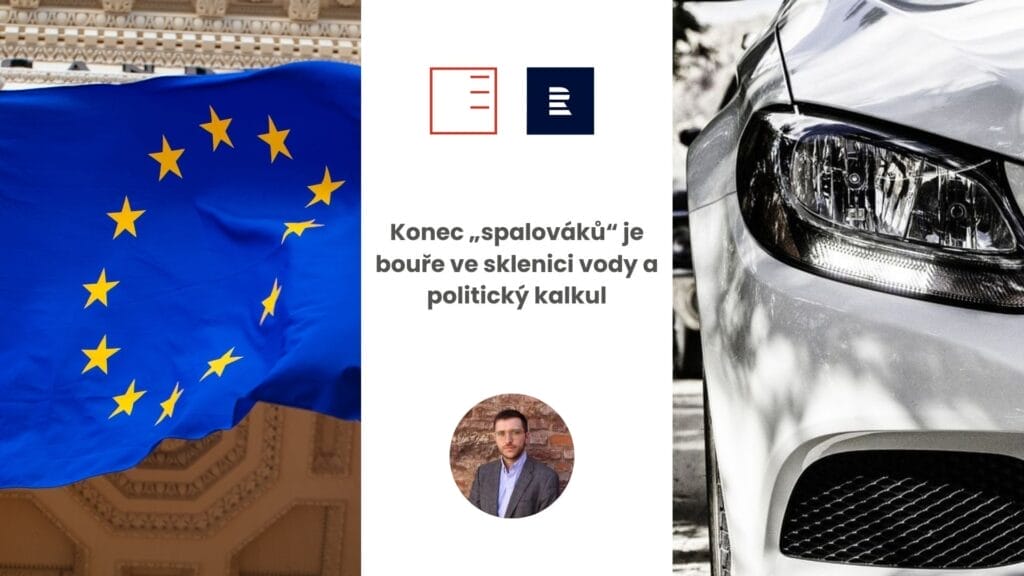
Bruselské chlebíčky | The end of „incinerators“ is a storm in a glass of water and a political calculation
The European automotive industry is in crisis and its future is one of the hottest topics in the EU today. The European Commission has therefore launched a strategic dialogue with car manufacturers on how to ensure that they are able to compete with American and Chinese manufacturers, particularly in the field of electric mobility. Project coordinator and analyst at EUROPEUM Institute Filip Křenek commented for the Czech Radio podcast Bruselské chlebíčky.
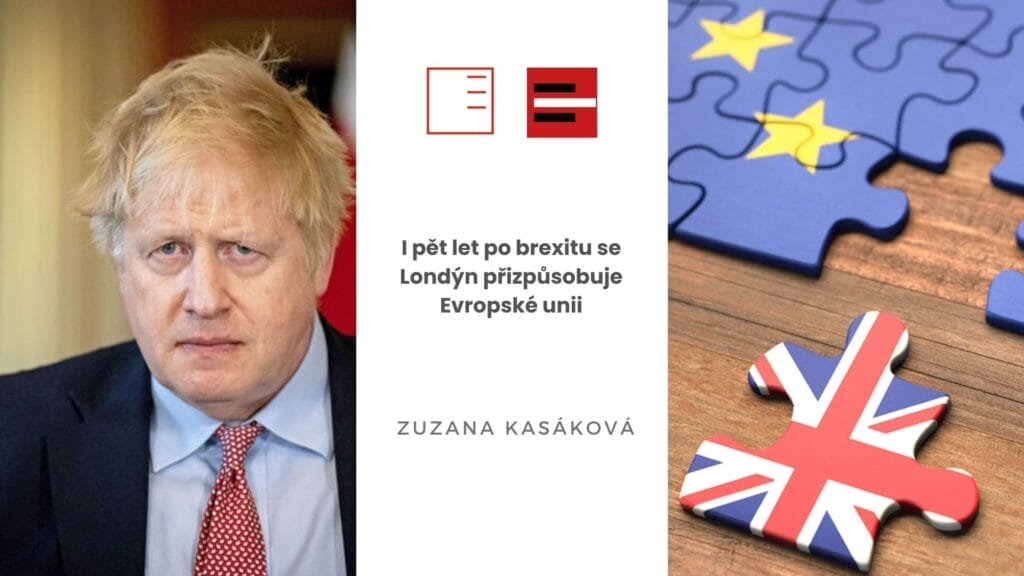
iROZHLAS | Even five years after Brexit, London is adapting to the European Union
"This is not the end, but the beginning," said then British Prime Minister Boris Johnson on 31 January 2020. The day went down in history as the moment Britain left the European Union after a public referendum in which 52 percent of Britons voted to leave. Zuzana Kasáková, a research associate at the EUROPEUM Institute, commented for iROZHLAS.
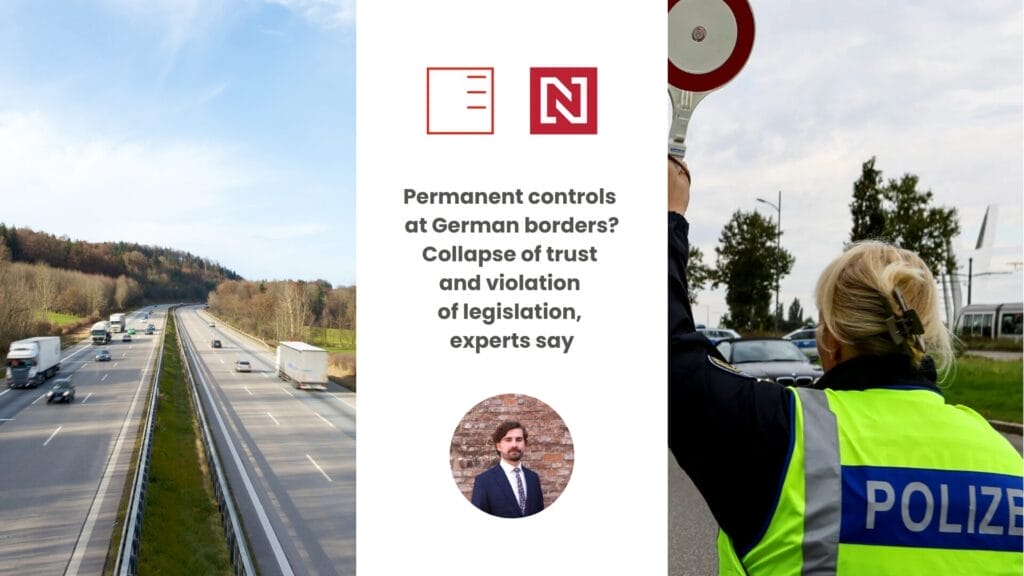
Deník N | Permanent controls at German borders? Collapse of trust and violation of legislation, experts say
The heated election campaign in Germany brought about the breaking of two taboos: the consideration of permanent border controls and the CDU/CSU cooperation with the AfD. Experts interviewed expect emotions to cool down after the elections, but warn of a "flagrant" violation of European law and the disintegration of the Schengen system. Viktor Daněk, deputy director of the EUROPEUM Institute, commented for Deník N.
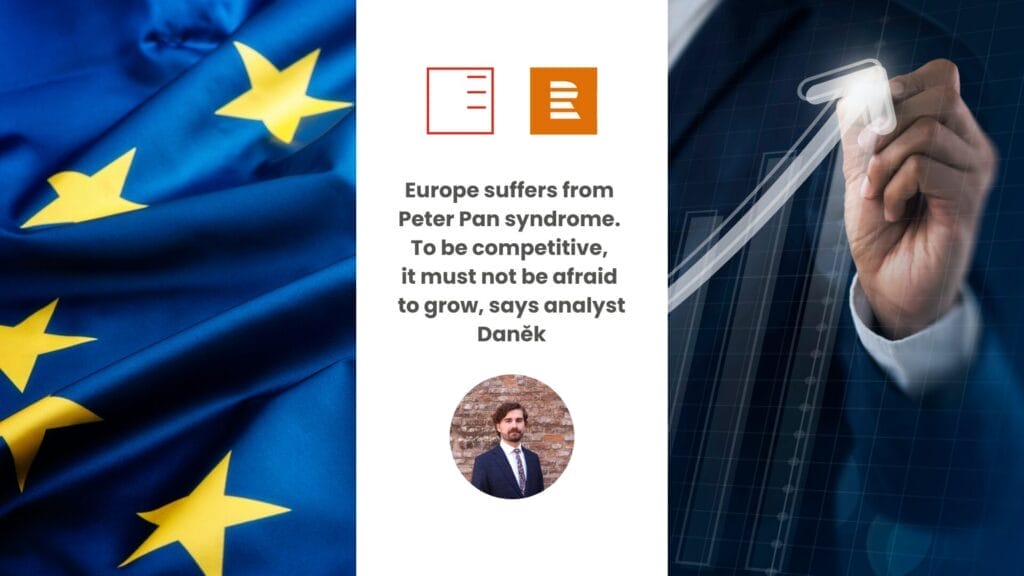
ČRo Plus | Europe suffers from Peter Pan syndrome. To be competitive, it must not be afraid to grow, says analyst Daněk
The European Commission has presented a competitiveness compass to tackle expensive energy, dependence on fossil fuel imports and the growing influence of China. Its guiding principle is less bureaucracy, more innovation. "The objectives are going in the right direction, the problem is that paper can take a lot. And Europe is good at painting grand strategies," recalls Viktor Daněk, deputy director of EUROPEUM institute and former correspondent for Czech Radio in Brussels.

Hospodářské noviny | Czech Republic sends a new man to Brussels. He will have more influence than many ministers
Make Permanent Representation Great Again!" This sentence was sent to HN by one of the key employees of the Permanent Representation of the Czech Republic in Brussels, i.e. the embassy to the European Union, reacting to the fact that the new ambassador Vladimír Bärtl will take over the leadership of the embassy from Saturday 1 February. He has an excellent reputation among diplomats and EU experts.b
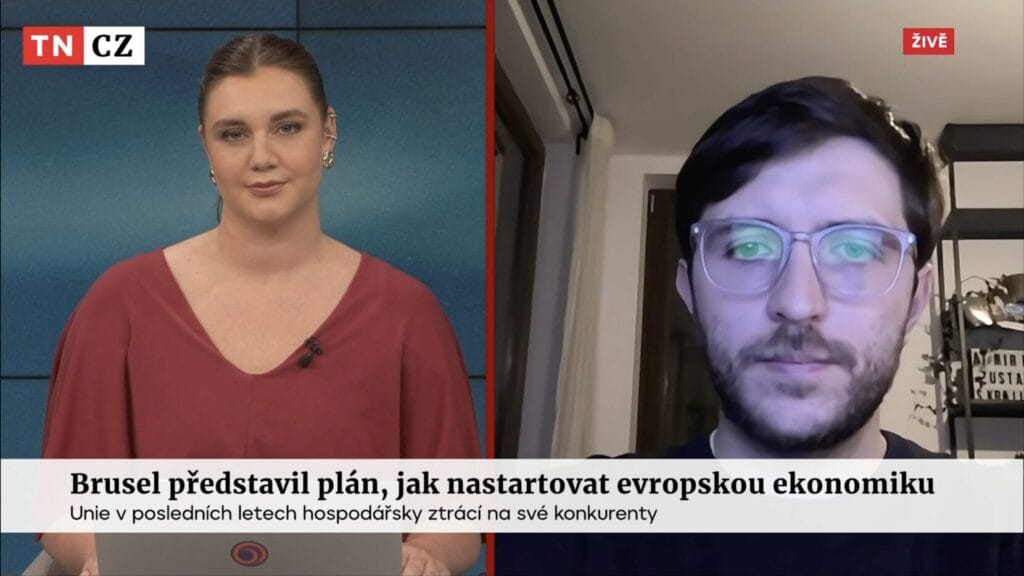
TN.cz | European Commission presents a plan to kick-start the European economy
The European Commission has presented a competitiveness compass to guide the work of the European Commission in this mandate. It is simply a blueprint for how to reduce Europe's decline in the global market. For TN.cz commented project coordinator and analyst at EUROPEUM Institute Filip Křenek.
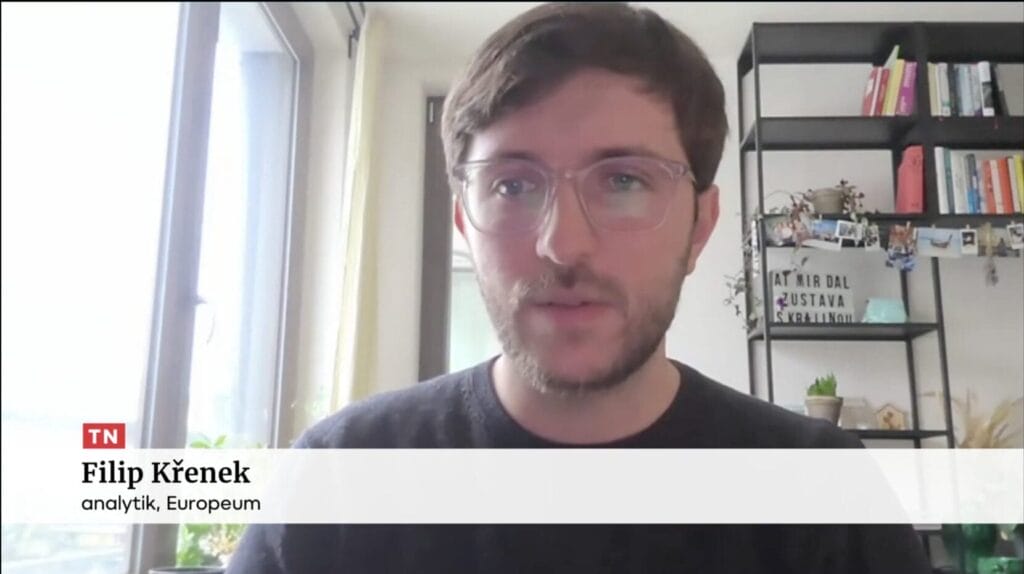
Televizní noviny | Brussels unveils plan to kick-start Europe's economy
The European Union has been economically lagging behind its competitors in recent years. The plan to jump-start it is to cut red tape, make it easier to do business or bet on artificial intelligence and energy self-sufficiency. Filip Křenek, project coordinator and analyst at the EUROPEUM Institute, commented for Televizní noviny.
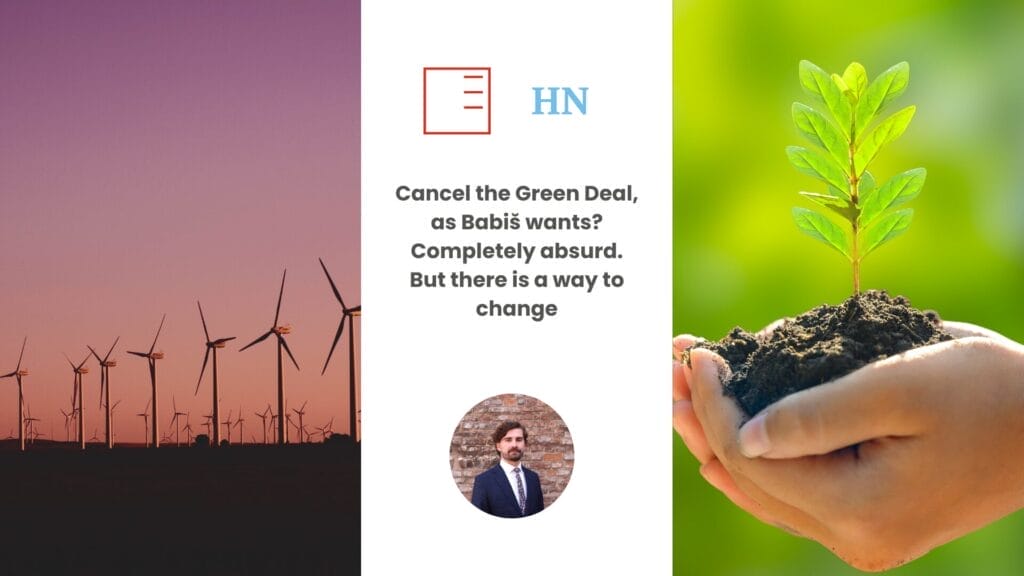
Hospodářské noviny | Cancel the Green Deal, as Babiš wants? Completely absurd. But there is a way to change
Andrej Babiš, on behalf of the Czech Republic, has endorsed the Green Deal's goals repeatedly. Now he says he wants to abolish it. How to understand this? Deputy director of EUROPEUM Institute Viktor Daněk commented for Hospodářské noviny.
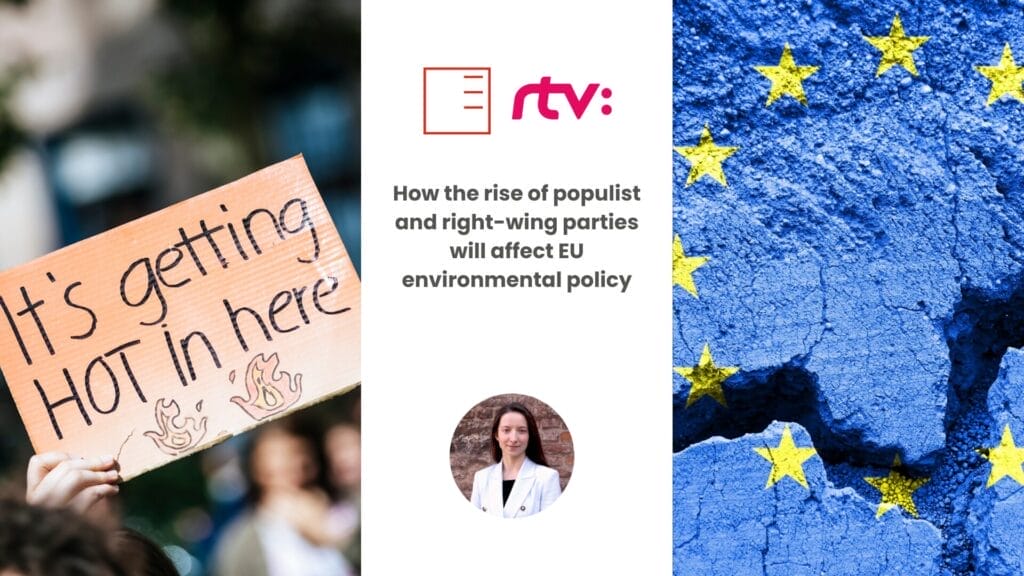
STVR | How the rise of populist and right-wing parties will affect EU environmental policy
In recent years, we have seen a rise in the influence of populist and right-wing parties across Europe, raising questions about the future direction of EU politics. What impact might their strengthening position have on environmental priorities? Will the EU's climate targets be slowed down or will new approaches emerge? Rebeka Hengalová, a research fellow at EUROPEUM Institute, commented for Slovakian radio STVR.
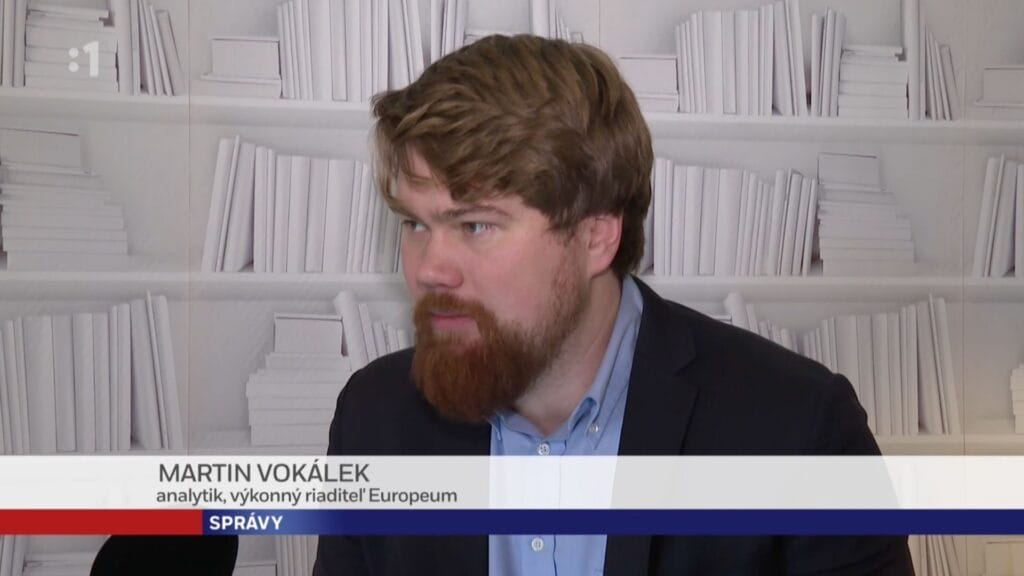
STVR | Poland's priority is EU security
Polish Prime Minister Donald Tusk presents the priorities of the Presidency of the Council of the European Union to MEPs. In January, Warsaw replaced Budapest and is focusing on strengthening the security of the continent. Martin Vokálek, Executive Director of EUROPEUM Institute, commented for Slovakian STVR.
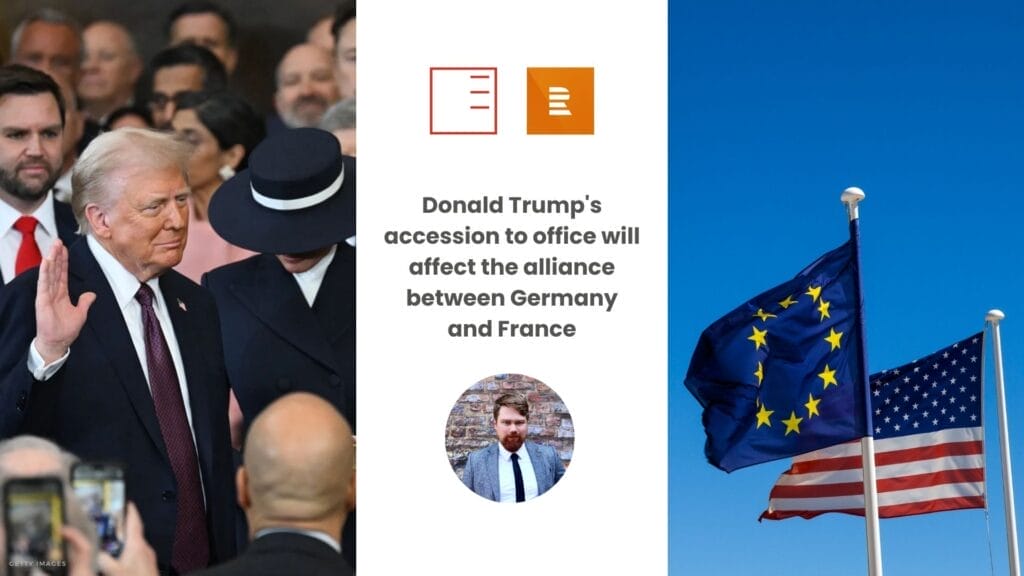
ČRo Plus | Donald Trump's accession to office will affect the alliance between Germany and France
Emmanuel Macron said that Europe must protect its sovereignty in the context of Donald Trump's return to the White House and his first steps in office. Olaf Scholz, for his part, said that Europe must remain strong. How will the new US President, and the changes of government in Germany and France, affect their alliance? Martin Vokálek, Executive Director of EUROPEUM Institute, commented for ČRo Plus.
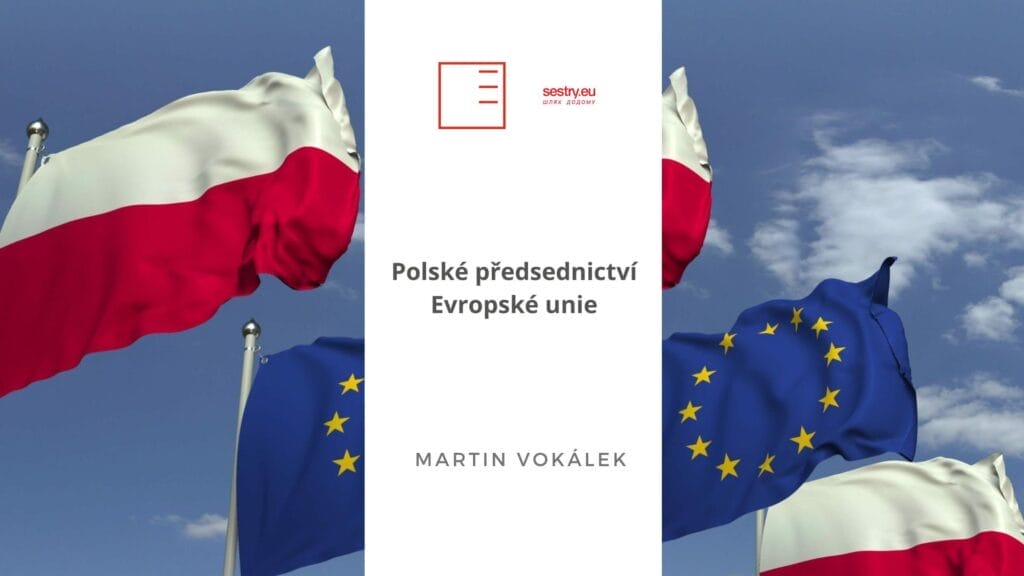
Sestry.eu | Polish Presidency of the European Union
Warsaw took over the EU Council Presidency in the face of major global and European challenges: in addition to Russia's war in Ukraine, also the start of Donald Trump's presidency, the German elections and the political crisis in France. Martin Vokálek, Executive Director of EUROPEUM Institute, commented for Sestry.eu.